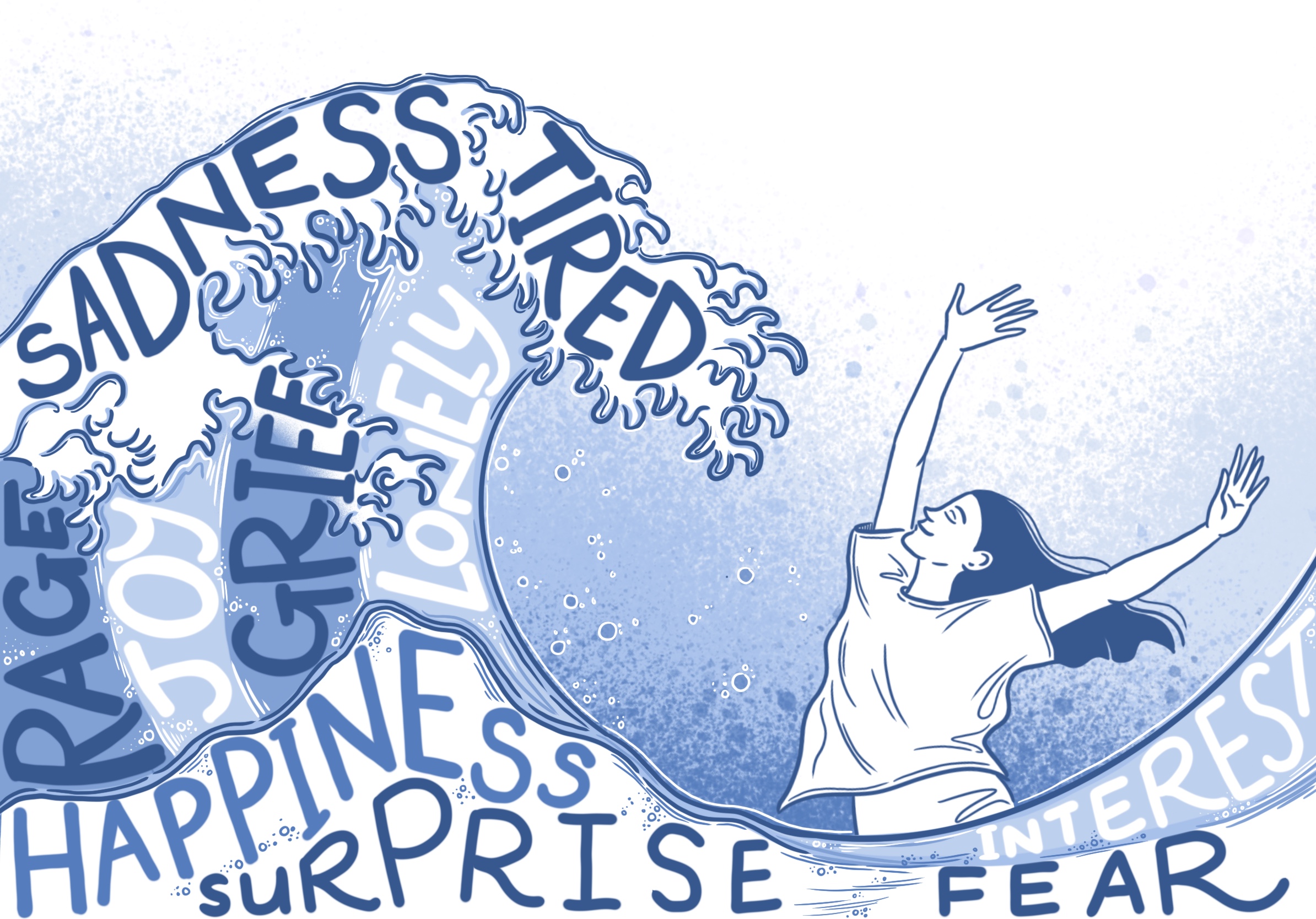the origin of "cushaty"
cushaty
-noun-
the sensation of absorbing an array of emotions simultaneously
Have you ever stopped for a second and felt as though a huge flood of emotions was about to knock you down?
Like a wave of rage and resentment, joy and sadness, and frustration and acceptance are submerging you in a deep pool of confusion.
That’s cushaty (pronounced coo-shaa-tii) — a profound sense of feeling all the things, all at once, at all times.
It’s overwhelming and unbecoming, creating a void where the immense overload of feeling numbs the feeler.
The word cushaty finds its origins in the ancient Aragany civilization, around 3500 BCE. These were a peaceful people, inhabiting wild jungles ensconced in verdant foliage. They wove their homes out of living branches, creating nests that resemble those of weaver birds.
The Aragany floating villages always settled beside a flowing river. Here, they would map out the best plots of land for their crops and livestock, and spaces where they could plant and grow their sacred giant trees.
Living was both uncomfortable and extremely rewarding in this era. Constructing and maintaining a habitable area for a large number of people was a challenge, but one by which the community felt driven and fulfilled.
There were incredible difficulties at almost every turn — the weather, disease, and conflict, to name but a few. However, there was also an abundance of wealth in the form of food, safety, and love.
Whether in the midst of strife or success, the ancient Araganians felt a plethora of emotions that often contradicted one another. This clustered oxymoron of sensations wove together an intricate tapestry of internal states shared by all.
No matter what hierarchy, social class, or level of wealth each person belonged to, they could all feel a communal depth of sorrow, inferno of rage, and embrace of love. The combination brought an overload of good or bad, depending on how one reacted to it — whether one decided to fight it, or surrender to it. The Araganians declared this wave of emotion cushaty.

CUSH directly translates from ancient Aragany to ‘wave,’ while HATY is ‘heart.’ In the Aragany culture, a wave, or flood, was both a blessing and a curse, as it brought much-needed hydration for their people and plants but could also threaten the very livelihood of their village. And the heart was believed to be the centre of all thought, feeling, and emotion.
As our civilizations evolved and our ways of life transformed, one element remained the same: our emotional centre. Our emotions are hardwired into the essence of our being. They make up the fabric of our very human experience, no matter where, when, how, or why we roam this Earth.
So, the next time you feel that expanding tidal pool of emotions overcome you, know that it’s completely natural. In fact, it’s what makes being human magical.